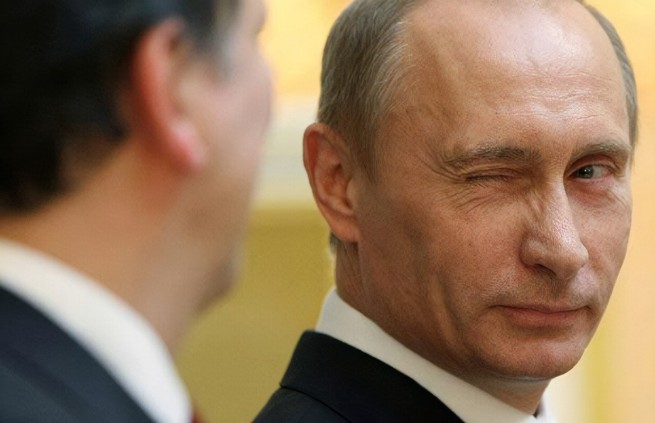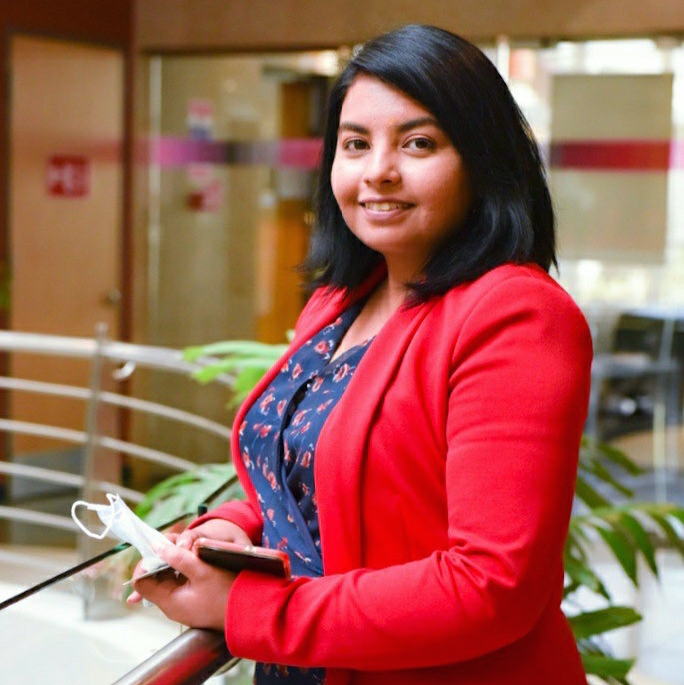Temps de lecture : 3 minutes


Having graduated in Journalism from the Russian Federation (no, Putin hasn’t shot me down), and having been taught how to go to war (yes, I’m not joking but I’m not going to war), my curiosity is piqued as to how the Russian-Ukraine war is being covered by the media worldwide. Obviously, many of you have asked me about my stand which is clear: I don’t condone war. But is it being covered without any kind of bias?
“War”, “conflict”, “invasion”, “tensions” or even “liberation” are the many terms that pop up in titles of news articles online. Which is which? In Mauritius, and maybe worldwide, people refer to the BBC, CNN etc. for “reliable” international information. Let’s not forget that news outlets are responsive to the preferences of their audience. Consciously and unconsciously, reporters anticipate the demands of their audience and the marketplace. “If it bleeds, it leads” …
And then, comes the language and culture barrier. With English being the most dominant language in the world, it’s not surprising that we search and ‘grab’ news in English (or French as well in Mauritius). How many journalists and editors do actually understand Russian language and the Russian culture to be able to do a fair ‘filtering’ of information circulating?
So, you’d ask me how are the Russian media houses reporting this war? Certain news outlets in Russia are choosing to show how Russia is “liberating” and “demilitarizing” Ukraine and protecting citizens in certain regions. Russian soldiers are being portrayed as anticipated liberators. In times of war and crisis especially, the very act of choosing a story angle without having the whole picture and without being physically present makes ‘information’ dangerously subjective. Throughout wars, there have been the good guys and the bad guys. And today, Putin is obviously the bad guy. He’s no doubt one of the most powerful – and feared – politicians in the world, and his speech threatening any country that might pose a threat to Russia shook many people, but I wasn’t surprised.
Let’s not forget that war, specifically the Second World War or the Great Patriotic War, is a devastating part of the Russian history. The Russian population doesn’t like war. I remember when I was chatting with dedushkas and baboushkas in the parks – most war veterans – and would share their experiences of war with me, eyes full of tears and yet proud. Yes, Russia is a very proud country. Proud of its rich history. Proud of its Red Army that barreled into Berlin and ended World War II. The Soviet Union lost around 27 million civilian and military during that time and Russia remains proud and in admiration of the “defenders of the Fatherland”. And obviously when the ‘enemy’ NATO crawls up to its doorstep, Putin is more than furious and has to ‘defend his land and his people’.
Contrary to how a president is portrayed in the West, like a diplomatic happy family man, a president in Russia has a totally different representation. He should be powerful and intransigent when it comes to protecting and defending the Fatherland. Russians may have a different opinion of him when it comes to in-country issues but many would agree that on the international level, as a former KGB agent and an avowed nationalist, he won’t let any other country pose a threat to Russia. And NATO is viewed as Moscow’s main existential enemy and threat. Despite agreements that NATO wouldn’t expand eastward, it did. Ukraine which shares a border with Russia, has been expressing its wish to join NATO since 2008. Today, it’s still not a NATO member as it doesn’t meet the eligibility criteria. However, the US and Europe are sending military support.
Having NATO in Ukraine means having NATO at the borders of Russia. Russia’s relationship with NATO became tumultuous during the Kosovo crisis in 1999 and Russia’s military action against Georgia in 2008. When Putin ordered the annexation of Crimea in 2014, Russia was removed from NATO’s cooperation council. And today, sadly, Ukraine has become the battleground for a NATO-Russia military fight. The Ukrainian President was no doubt naïve to believe that NATO would send troops to Ukraine, and this morning, from what I read, there are rumours that he’ll be evacuated from the country.
It’s heartbreaking to witness how the people are suffering when as a matter of fact, Russia and Ukraine’s shared heritage goes back to over a thousand years. Russians and Ukrainians were (are?) considered as one people and many Russians see Ukraine as their ‘little brother’.
Fadya Nazirkhan




